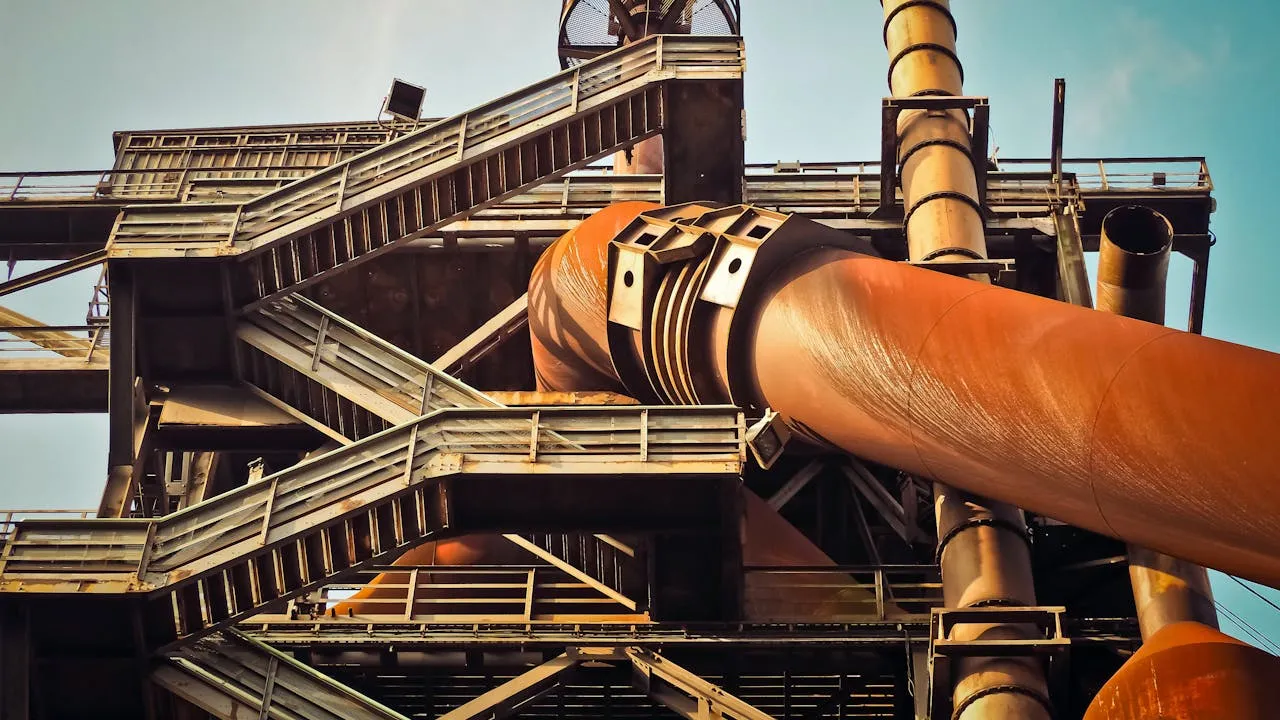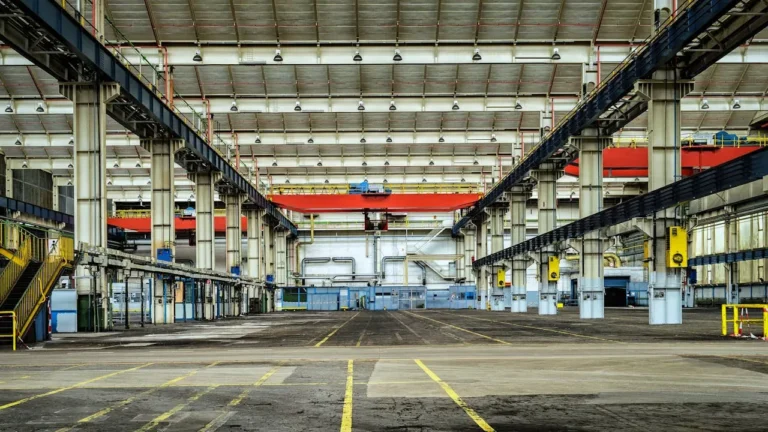
The “Industrial Hemp Market Report: Forecast by Type, Sources, Application, Region, and Company Analysis (2024-2032)” is now available from ResearchAndMarkets.com. The industrial hemp market is projected to grow from $6.03 billion in 2023 to $25.33 billion by 2032, achieving a compound annual growth rate (CAGR) of 17.29% from 2024 to 2032. This growth is driven by changes in legislative frameworks that facilitate hemp cultivation and processing, an increased understanding of hemp’s environmental benefits, and the expansion of hemp applications across various end-use industries.
Global Overview of Industrial Hemp
Industrial hemp, a variety of Cannabis sativa, is characterized by its low THC content. The demand for hemp products is fueled by their versatility and increasing applications in sectors such as food and beverage, nutritional supplements, textiles, and industrial products.
Currently, thirty countries, including Argentina, Australia, Brazil, Canada, Colombia, Denmark, Greece, Ireland, Italy, Mexico, and the Netherlands, have legalized the use of cannabis for medical purposes. The rising adoption of hemp-derived CBD oil for treating conditions like chronic pain, anxiety, and stress has further propelled product demand.
In the United States, the US Department of Agriculture reports that 54,152 acres were cultivated for industrial hemp in 2023, generating a market value of $712 million for outdoor-grown hemp and $112 million for hemp cultivated indoors. With over 40% of global pharmaceutical revenue stemming from this industry, the U.S. pharmaceutical sector remains the largest worldwide, supported by an aging population—15% of Americans are currently aged 65 or older, a figure projected to rise, thus driving demand for industrial hemp.
Innovation and Diversification of Applications
The industrial hemp market is experiencing robust growth due to ongoing innovation and the diversification of applications across multiple industries, including textiles, construction, food and beverage, personal care, and pharmaceuticals. Advances in hemp processing technology enable the extraction of high-quality fibers, seeds, and cannabinoids like CBD, enhancing the material’s use in health foods, cosmetics, and nutraceuticals. The surge in interest in CBD-based products for their therapeutic benefits is opening new opportunities in the health and wellness sector. The versatility and continuous innovation in hemp products make this market a lucrative area for development.
Environmental Sustainability and Benefits
Industrial hemp is gaining traction as a sustainable crop with numerous environmental benefits. It grows rapidly and requires fewer pesticides and herbicides than traditional crops, making it an eco-friendlier choice. Its ability to replenish soil nutrients, absorb carbon effectively, and use less water enhances its appeal in the context of climate change and environmental conservation. Additionally, hemp biomass can be processed into a variety of eco-friendly products, including biofuels, construction materials, and bioplastics, providing sustainable alternatives to finite resources. As sustainability and carbon footprint reduction become increasingly vital globally, industrial hemp presents an attractive option across diverse industries, thereby fueling market growth.
Regional Market Insights
The industrial hemp market is gaining momentum worldwide due to its adaptability and sustainable applications in textiles, construction, food, and health.
United States:
The U.S. industrial hemp market is rapidly expanding, particularly after the 2018 Farm Bill legalized hemp farming. This legal shift has spurred growth across multiple sectors, notably in food, construction, textiles, and wellness products like CBD. Leading companies such as HempFusion and Charlotte’s Web are driving innovation in this space. The U.S. is well-positioned as a leader in the industrial hemp market due to increasing investment in research and development, despite facing regulatory challenges and market volatility. Significant growth is anticipated in the coming years.
Germany:
Germany’s industrial hemp market is gradually expanding, driven by rising consumer demand for sustainable products. The established regulatory framework supports hemp cultivation, particularly for seeds and fibers. Key applications include food products, construction materials, and textiles, with increased interest in CBD and wellness goods enhancing market potential. Notable players such as Hempro International and HempFlax are actively promoting innovation and product development, positioning Germany as a leader in the European hemp market.
China:
China dominates the global industrial hemp market, with extensive cultivation and a strong manufacturing base. The country is a leader in hemp fiber production, primarily for biocomposites, construction materials, and textiles. The growing interest in CBD and health products, supported by government backing and favorable regulations, further boosts the industry. Companies like China Hemp Network and Yunnan Industrial Hemp are at the forefront of product innovation. As consumer awareness of hemp benefits increases, China’s market is expected to grow significantly, solidifying its global leadership.
Saudi Arabia:
Saudi Arabia’s industrial hemp sector is in its infancy but holds great promise as the country focuses on diversifying its economy and fostering sustainable practices. Recent regulations are making hemp cultivation increasingly legal, particularly for construction, wellness products, and textiles. The growing recognition of hemp’s eco-friendly advantages aligns with Saudi Arabia’s Vision 2030 initiative, which emphasizes sustainability. Regional projects exploring hemp’s agricultural benefits and potential global partnerships are likely to spur further growth in the coming years.
Key Players in the Industrial Hemp Market
Major participants in the industrial hemp market include Marijuana Company of America Inc., American Cannabis Company, Inc., Ecofibre Limited, Aurora Cannabis, Agropur, and Darling Ingredients Inc.
Recent Developments in the Industry
- In March 2024, Coast Smokes partnered with Willie’s Remedy to launch new hemp smokeables, featuring organic hemp and biodegradable filters, marking Willie’s transition from cigarettes to cannabis.
- Also in March 2024, Harley-Davidson’s LiveWire division introduced the S2 Mulholland, which incorporates hemp-based components.
- In November 2023, HempStreet, a cannabis-focused health tech firm, raised $1 million in a pre-series investment round led by investor Carl Waahlin of Waahlin Holdings.
Key Questions Addressed in the Report
- What is the current size of the industrial hemp industry?
- What is the projected growth rate for the industrial hemp market?
- Who are the leading players in the industrial hemp sector?
- What factors are driving the industrial hemp market?
- Which region holds the largest market share in the industrial hemp industry?
- What segments are covered in the industrial hemp market report?
Report Attributes
- Total Pages: 200
- Forecast Period: 2023 – 2032
- Estimated Market Value (2023): $6.03 Billion
- Forecasted Market Value (2032): $25.33 Billion
- CAGR: 17.2%
- Regions Covered: Global
Key Topics Covered
- Introductions
- Research & Methodology
- Executive Summary
- Market Dynamics
- Growth Drivers
- Challenges
- Global Industrial Hemp Market
- Global Industrial Hemp Market Share Analysis
- By Types
- By Source
- By Application
- By Country
- By Types – Global Industrial Hemp Market
- Hemp Seeds
- Hemp Oil
- Hemp Fiber
- Others
- By Sources – Global Industrial Hemp Market
- Conventional
- Organic
- By Application – Global Industrial Hemp Market
- Textiles
- Personal Care
- Food & Beverages
- Animal Care
- Paper
- Automotive
- Construction Materials
- Furniture
- Others
- By Regions – Global Industrial Hemp Market
- Porter’s Five Forces
- SWOT Analysis
- Merger & Acquisitions
- Key Players Analysis
- Marijuana Company of America
- American Cannabis Company
- Ecofibre
- Aurora Cannabis
- Agropur
- Darling Ingredients
For further details, visit ResearchAndMarkets.com.




